Introduction
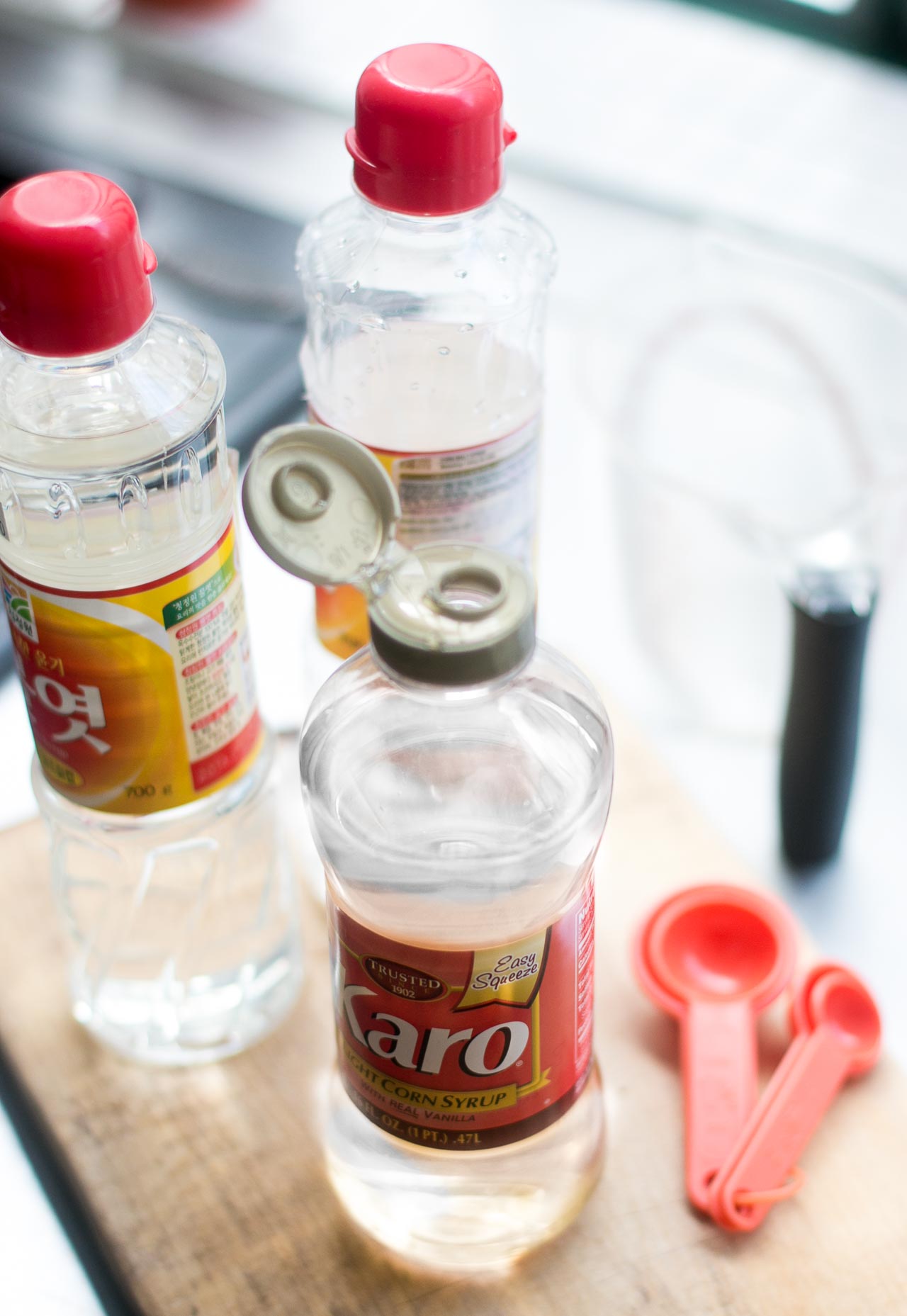
The use of sweetening agents is essential in the food industry to enhance the taste and texture of various products. Among the popular sweetening agents are corn syrup and glucose syrup, which are often used interchangeably but have distinct characteristics. In this article, we will compare corn syrup and glucose syrup, exploring their definitions, production processes, types, sweetness levels, nutritional compositions, and practical uses. By understanding the differences between these two sweetening agents, you can make an informed decision when incorporating them into your baking and cooking recipes.
Overview Of Corn Syrup And Glucose Syrup
Corn syrup and glucose syrup are both liquid sweeteners commonly used in the food industry. While corn syrup is a type of glucose syrup, not all glucose syrups are made from corn. Both syrups are derived from starch, but they undergo different processing methods. Corn syrup is made from cornstarch, whereas glucose syrup can be derived from various starches, such as wheat, rice, or potatoes. These syrups are widely used in baking, confectionery, and beverage industries to enhance sweetness, texture, and moisture in a variety of products.
Importance Of Sweetening Agents In Food Industry
Sweetening agents play a crucial role in the food industry by enhancing the taste, texture, and overall sensory experience of various products. Whether it’s in baked goods, confectionery, or beverages, sweeteners like corn syrup and glucose syrup are used to add sweetness, improve mouthfeel, and prevent crystallization. They provide a balanced and pleasant flavor, making food and drinks more enjoyable to consume. Moreover, sweetening agents also contribute to the preservation and shelf life of certain products. Their importance lies in their ability to create desirable sensory attributes and enhance the overall quality of food and beverages.
Corn Syrup
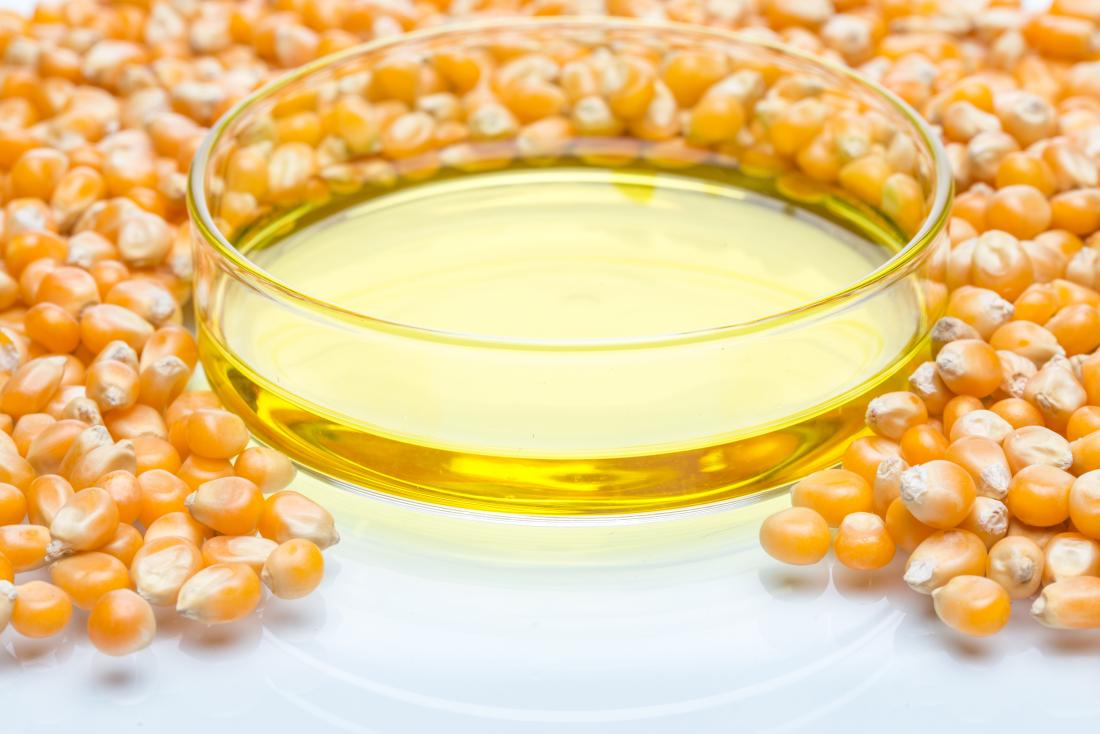
Corn syrup is a versatile sweetening agent used in various food products. It is derived from corn starch through a process that involves breaking down the starch into glucose molecules. Corn syrup comes in different types, including light, dark, and high fructose corn syrup. Light corn syrup is clear and has a milder flavor, while dark corn syrup is amber in color and has a stronger taste. High fructose corn syrup is similar to regular corn syrup but has a higher fructose content. Corn syrup is commonly used in baking, candy making, and as a sweetener in beverages. It adds moisture, sweetness, and helps prevent crystallization in recipes.
Definition And Production Process Of Corn Syrup
Corn syrup is a versatile sweetening agent derived from corn starch through a specific production process. The process involves breaking down the starch into glucose molecules, resulting in a thick and syrupy liquid known as corn syrup. This process usually involves the use of enzymes to convert the starch into glucose. The glucose is then purified, filtered, and concentrated to produce the final corn syrup product. The production process may vary depending on the type of corn syrup desired, whether it is light, dark, or high fructose corn syrup.
Types Of Corn Syrup And Their Characteristics
Corn syrup comes in different types, each with its own unique characteristics. The main types of corn syrup include light corn syrup, dark corn syrup, and high fructose corn syrup (HFCS).
- Light corn syrup: This type is clear and has a mild and delicate flavor. It is commonly used in recipes where a subtle sweetness is desired, such as in candy making and glazes.
- Dark corn syrup: As the name suggests, this syrup has a darker color and a more robust flavor. It adds a rich caramel-like taste to recipes, making it ideal for pecan pies and dark-colored baked goods.
- High fructose corn syrup (HFCS): HFCS is a sweetener that is made by converting some of the glucose in corn syrup into fructose. It is used as a substitute for sugar in many processed foods and beverages, as it provides a high level of sweetness.
Each type of corn syrup has its own unique properties, which make them suitable for different culinary applications.
Glucose Syrup

Glucose syrup, also known as corn syrup, is a type of sweetener that is derived from corn starch. It is produced by breaking down the starch into sugar molecules, primarily glucose. Glucose syrup is a clear and viscous liquid with a sweet taste. It is commonly used as a sweetening agent in various food products and beverages due to its ability to enhance flavor, improve texture, and prevent crystallization. Glucose syrup is also utilized in the production of candies, baked goods, and confections. It acts as a humectant, helping to retain moisture and extend the shelf life of the products. Overall, glucose syrup is a versatile ingredient that provides sweetness and functionality in numerous culinary applications.
Definition And Production Process Of Glucose Syrup
Glucose syrup, also known as corn syrup, is a type of liquid sweetener that is derived from corn starch. The production process involves breaking down the starch molecules into sugar molecules, primarily glucose, through hydrolysis. This is done by treating the starch with enzymes or acids, which convert it into a thick, syrupy liquid. The resulting glucose syrup is then clarified and filtered to remove impurities. The final product is a clear and viscous liquid with a sweet taste, suitable for various culinary applications.
Types Of Glucose Syrup And Their Applications
There are different types of glucose syrup available, each with its own unique characteristics and applications in the food industry. Some of the common types include:
- High-Dextrose Glucose Syrup: This type of glucose syrup contains a high concentration of dextrose, making it ideal for applications such as confectionery, bakery products, and beverages.
- Low-Dextrose Glucose Syrup: This syrup has a lower dextrose content and is often used in dairy products, sauces, and dressings to provide texture and enhance flavor.
- Fructose-Glucose Syrup: This syrup contains a blend of fructose and glucose, making it suitable for sweetening soft drinks, jams, and fruit-based products.
- Organic Glucose Syrup: This type of syrup is made from organically grown ingredients and is preferred by consumers looking for natural and sustainable options.
Overall, glucose syrups find applications in a wide range of food products, providing sweetness, texture, and stability.
Comparison Between Corn Syrup And Glucose Syrup
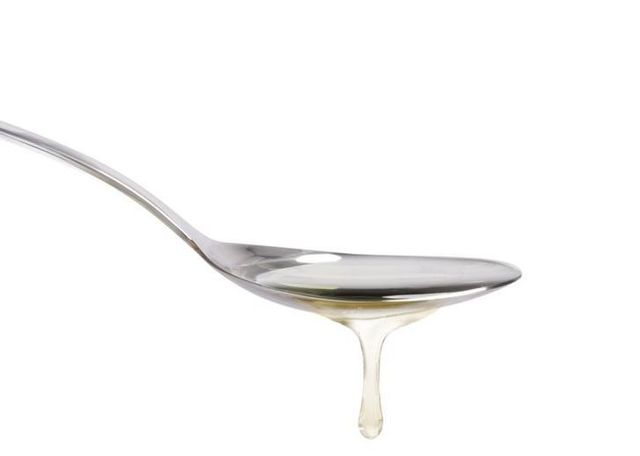
Corn syrup and glucose syrup are both sweetening agents commonly used in the food industry. While corn syrup is a type of glucose syrup, not all glucose syrups are derived from corn.
In terms of sweetness level and taste profile, corn syrup is known for its moderate sweetness and mild flavor, whereas glucose syrup can vary in sweetness depending on the dextrose content.
Nutritionally, both syrups are similar and offer very few health benefits, as they do not contain significant amounts of vitamins or minerals.
When choosing between corn syrup and glucose syrup, it ultimately depends on the specific recipe and desired characteristics of the final product.
Sweetness Level And Taste Profile
When it comes to sweetness level and taste profile, there are notable differences between corn syrup and glucose syrup. Corn syrup is known for its moderate sweetness and mild flavor, making it a popular choice for balancing flavors in various recipes. On the other hand, the sweetness of glucose syrup can vary depending on the dextrose content, ranging from mild to very sweet. Glucose syrup also tends to have a neutral flavor, allowing the other ingredients in a recipe to shine. Ultimately, the choice between the two syrups depends on the desired level of sweetness and flavor in the final product.
Nutritional Composition And Health Effects
Both corn syrup and glucose syrup have similar nutritional compositions, primarily consisting of carbohydrates in the form of glucose. They do not contain significant amounts of vitamins or minerals.
In terms of health effects, both syrups are considered high in calories and can contribute to weight gain if consumed in excess. Additionally, their high glycemic index may cause rapid spikes in blood sugar levels.
It is important to moderate the consumption of these syrups, especially for individuals with diabetes or those watching their sugar intake. Alternative sweeteners or natural sweeteners like honey or maple syrup may be preferred for those seeking healthier options. Overall, it is advisable to consume syrups in moderation as part of a balanced diet.
Practical Uses And Applications
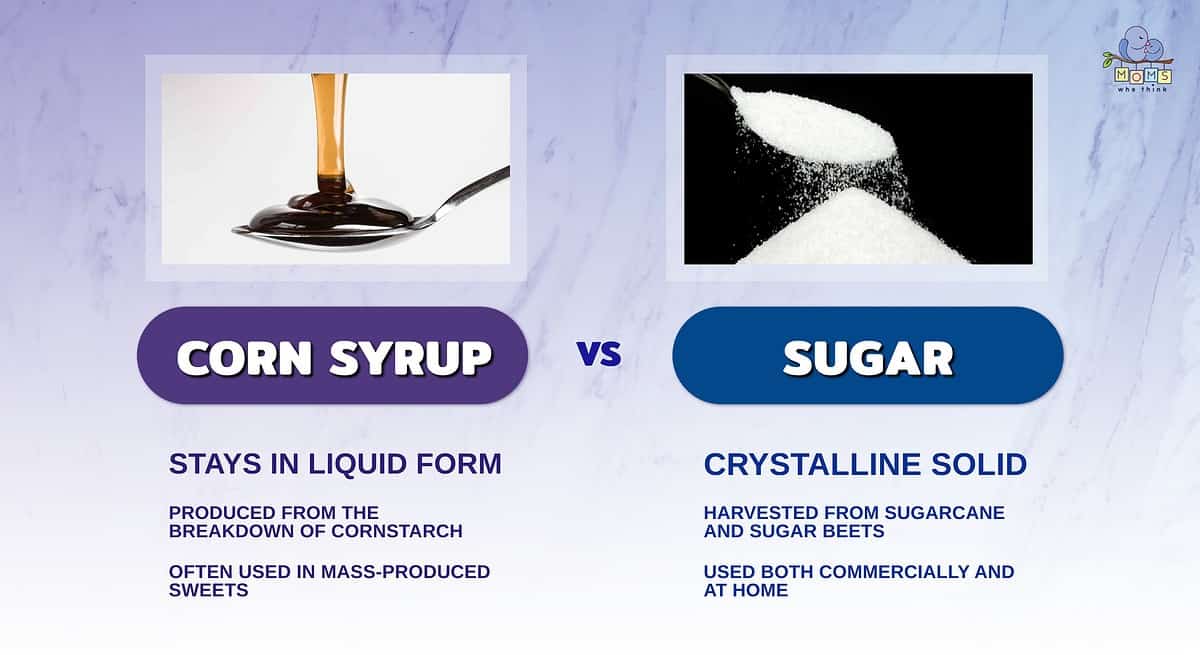
Corn syrup and glucose syrup have various practical uses and applications in the food industry. They are commonly used as sweetening agents in a wide range of products, including baked goods, confectionery, ice cream, and beverages. These syrups are often used to improve the texture, moisture retention, and shelf-stability of food products. They provide a smooth and glossy appearance and help prevent crystallization in candies and icings. In addition, their high viscosity makes them suitable for glazes, toppings, and fillings. Both corn syrup and glucose syrup are versatile ingredients that play a vital role in enhancing the taste, mouthfeel, and overall quality of many food products.
Baking And Cooking With Corn Syrup
Baking and Cooking with Corn Syrup:
Corn syrup is a versatile ingredient that plays a key role in enhancing the texture, flavor, and moisture retention in various baked goods and cooked dishes. Its high viscosity and ability to prevent sugar crystallization make it an ideal choice for glazes, fillings, and toppings. Corn syrup also helps improve the shelf life and prevents the formation of ice crystals in frozen desserts. It can be used in recipes for pecan pie, caramel sauce, and marshmallows, providing a smooth and glossy finish. Additionally, corn syrup adds a touch of sweetness without overwhelming other flavors, making it a valuable tool in the kitchen.
Sources:
- https://www.momswhothink.com/glucose-syrup-vs-corn-syrup/
- https://www.sugars.com/what-is-the-difference-between-glucose-syrup-corn-syrup
Baking And Cooking With Glucose Syrup
Glucose syrup is a versatile ingredient that can enhance the texture, sweetness, and moisture retention in baked goods and cooked dishes. It is commonly used in recipes that require a sticky or chewy texture, such as caramel, nougat, and certain candies. Glucose syrup also acts as a stabilizer and helps to prevent sugar crystallization, making it ideal for frostings, glazes, and fillings. Its neutral flavor allows it to complement other ingredients without overpowering them. Additionally, glucose syrup can improve the shelf life and freeze-thaw stability of frozen desserts and ice creams.
Conclusion
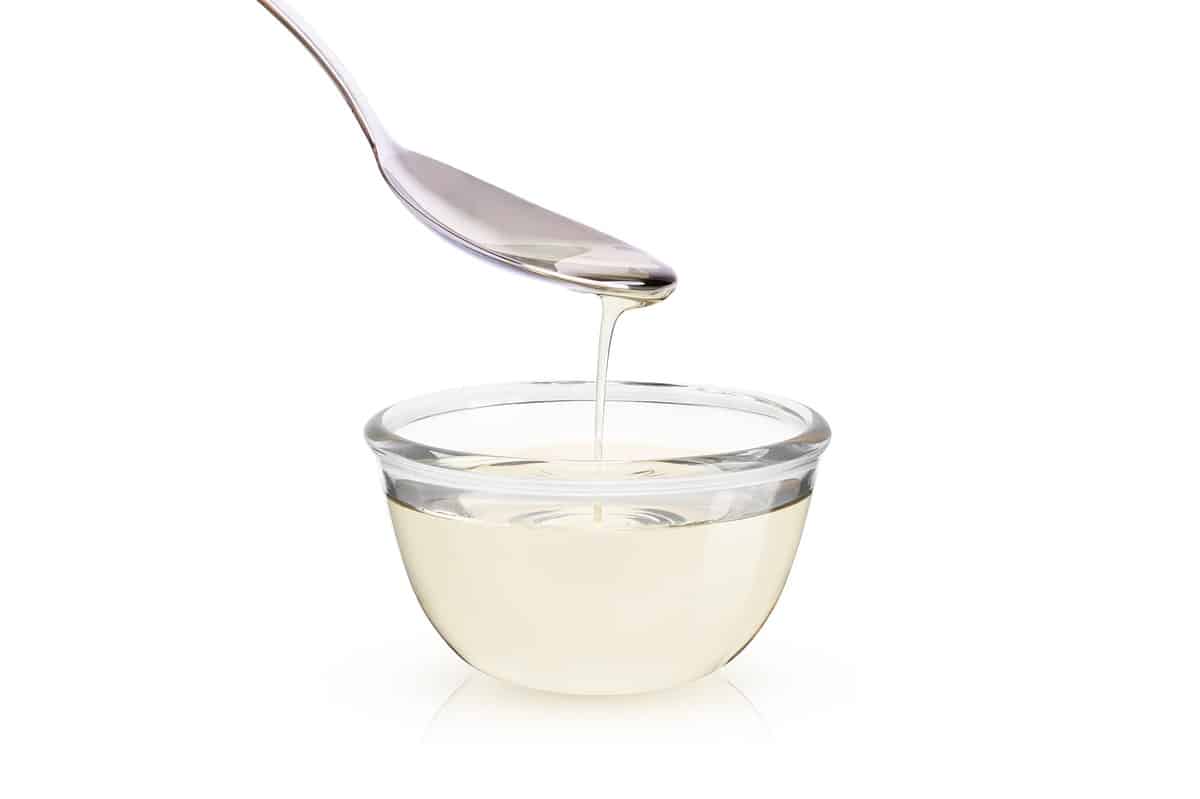
In conclusion, both corn syrup and glucose syrup are widely used sweetening agents in the food industry. While they share similarities in being derived from starches, there are notable differences in their production processes and characteristics. Corn syrup is commonly used for its thickening and sweetness properties, while glucose syrup is known for its moisture retention and texture enhancement. When choosing between the two, it is important to consider the specific application and desired outcomes. By understanding the differences and benefits of each syrup, cooks and bakers can make informed decisions in their culinary creations.
Considerations For Choosing Between Corn Syrup And Glucose Syrup
When deciding between corn syrup and glucose syrup, there are a few factors to consider.
- Sweetness level: Corn syrup is generally sweeter than glucose syrup, so if you prefer a sweeter taste, corn syrup may be the better choice.
- Texture and moisture retention: Glucose syrup is known for its ability to improve the texture and moisture retention in recipes, making it ideal for baked goods and confections.
- Availability and cost: Corn syrup is more commonly found in stores and is often more affordable than glucose syrup.
- Specific recipe requirements: Some recipes may specifically call for either corn syrup or glucose syrup, so it’s important to follow the recipe instructions for best results.
By considering these factors, you can make an informed decision based on your specific needs and desired outcomes.
Summary Of Key Differences And Final Thoughts
Overall, corn syrup and glucose syrup are both widely used sweetening agents in the food industry, but they have distinct differences.
- Corn syrup is generally sweeter than glucose syrup and is more commonly found and affordable.
- Glucose syrup excels in improving texture and moisture retention, making it ideal for baked goods and confections.
- Specific recipe requirements may call for either corn syrup or glucose syrup, so it’s important to follow instructions for best results.
In conclusion, the choice between corn syrup and glucose syrup depends on factors such as sweetness level, desired texture, availability, and recipe requirements. Consider these factors to make an informed decision in your culinary endeavors.
Corn Syrup vs Glucose Syrup: Frequently Asked Questions
Q: What is corn syrup?
A: Corn syrup is a sweetener made from corn starch by breaking down the complex carbohydrates into simpler sugars through a process called hydrolysis. It primarily contains glucose.
Q: What is glucose syrup?
A: Glucose syrup, also known as corn syrup or liquid glucose, is a thick, sweet liquid made from the hydrolysis of starch. It primarily contains the sugar glucose with trace amounts of other sugars.
Q: Are corn syrup and glucose syrup the same thing?
A: In many cases, corn syrup and glucose syrup are used interchangeably as they are both made from corn starch using similar processes. However, technically speaking, glucose syrup can be made from other starch sources as well, such as wheat or potatoes.
Q: How are they used in cooking and baking?
A: Corn syrup and glucose syrup have similar applications in cooking and baking. They are often used as sweeteners, extenders, thickeners, or as ingredients to prevent crystallization. They are commonly used in recipes for candies, jellies, frostings, caramel sauces, and baked goods.
Q: Are they only used in sweet recipes?
A: No, while corn syrup and glucose syrup are typically associated with sweetness, they are also used in savory recipes. They can be added to sauces, glazes, and marinades to enhance flavors, give a glossy texture, or improve shelf life.
Q: Are corn syrup and glucose syrup bad for health?
A: Like any sweetener, moderation is key. Corn syrup and glucose syrup are high in calories and can contribute to weight gain and increase the risk of certain health issues when consumed excessively. They should be consumed in moderation as part of a balanced diet.
Q: Is there any nutritional difference between corn syrup and glucose syrup?
A: Both corn syrup and glucose syrup are primarily made up of glucose, which provides calories but no nutritional value. They do not contain significant amounts of vitamins, minerals, or dietary fibers.
Q: Can corn syrup or glucose syrup be replaced with other sweeteners?
A: Yes, there are alternative sweeteners available. Depending on the recipe, you can use honey, agave syrup, maple syrup, or granulated sugar as substitutes. However, keep in mind that each sweetener may affect the texture and taste of the final product differently.
Q: Which one is better to use in recipes?
A: The choice between corn syrup and glucose syrup depends on personal preference, availability, and the desired outcome of your recipe. In most cases, they can be used interchangeably without significant differences. However, some bakers and confectioners may have a preference for one or the other based on their specific needs and preferences.
Q: Can corn syrup or glucose syrup cause allergies or sensitivities?
A: Corn syrup and glucose syrup are generally well-tolerated and do not commonly cause allergies. However, individuals with a known allergy or sensitivity to corn or corn products should avoid using corn syrup. As with any new food, it is advisable to consult a healthcare professional if you have concerns or known allergies.

Kemah Cafe is a family-owned eatery that takes pride in offering a delightful array of Vietnamese, Chinese, and Thai dishes. Located at the heart of the community, Kemah Cafe has been serving up delicious Pho and other authentic Asian cuisine for many years. Founded with a passion for sharing the flavors of the East, Kemah Cafe has become a beloved culinary destination for locals and visitors alike. The warm and welcoming atmosphere of the cafe, combined with the tantalizing aromas of freshly prepared dishes, creates an unforgettable dining experience.